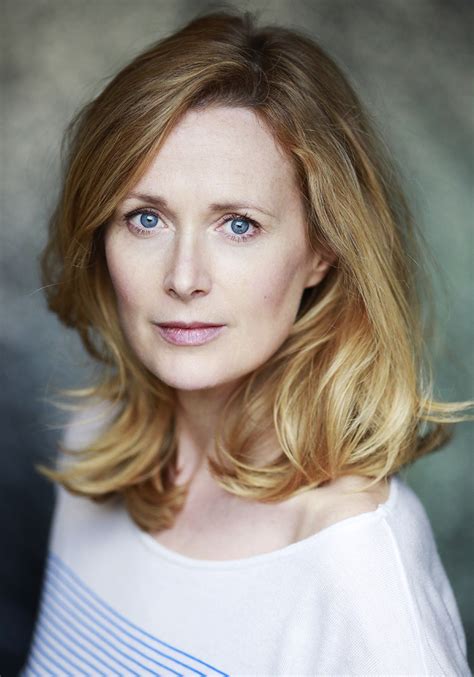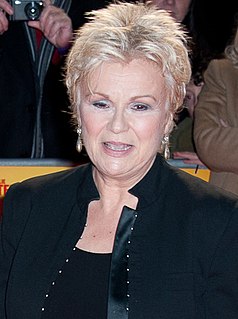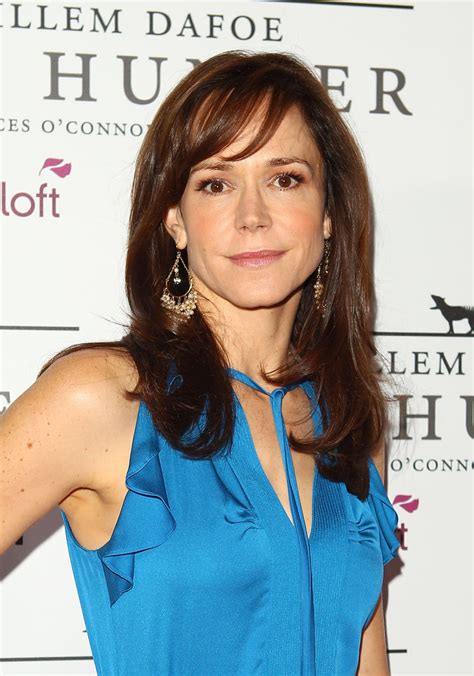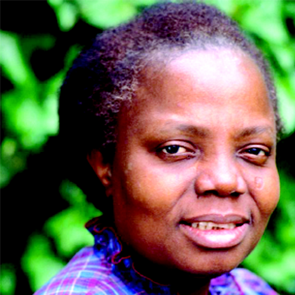A Quote by Katherine Kelly
I remember, when I was a teenager, 'Pride And Prejudice' came out. We hadn't had a period drama for ages, and were all glued to it, and for the next three years, Jane Austen series were being made.
Related Quotes
Once she made him watch Pride and Prejudice and for ages he would re-word Mr Bingley's apology to Jane Bennet, saying, 'I've been an inexplicable fool', for anything from losing his keys to burping out loud. Her reply to anything she wanted to do was Jane Bennet's response to Bingley's marriage proposal, 'A thousand times yes.
And last, my mom. I don’t think you know what you did. You had my brother when you were 18 years old. Three years later, I came out. The odds were stacked against us. Single parent with two boys by the time you were 21 years old. Everybody told us we weren’t supposed to be here. We went from apartment to apartment by ourselves. One of the best memories I had was when we moved into our first apartment, no bed, no furniture and we just sat in the living room and just hugged each other. We thought we made it.
For [Jane Austen and the readers of Pride and Prejudice], as for Mr. Darcy, [Elizabeth Bennett's] solitary walks express the independence that literally takes the heroine out of the social sphere of the houses and their inhabitants, into a larger, lonelier world where she is free to think: walking articulates both physical and mental freedom.
I've always been intrigued with the male characters in novels like 'Pride and Prejudice' such as Mr. Darcy, and this poem is part of a series of poems that explore desire and obsessions. The poems have been sitting in a drawer for a few years, so I decided to dust them off and work on them again since I have not written a new poem in more than three years. I'm not sure anything will become of the series, but at least it gives me something to work on in a period where I feel very uncreative.



































